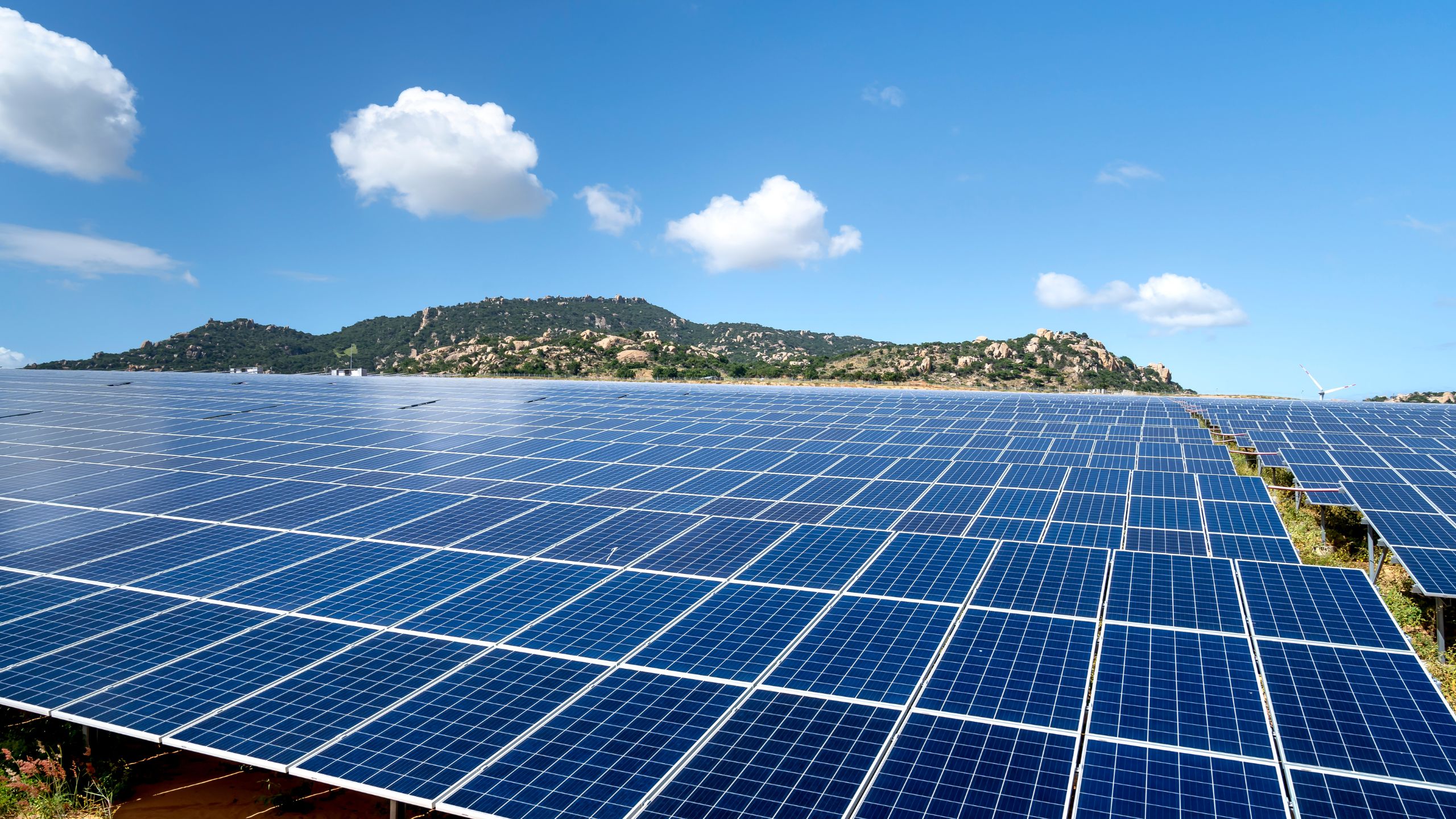What are Solar Panel Systems?
Solar panel systems are a type of renewable energy technology that converts sunlight into usable electricity. These systems typically consist of solar panels, an inverter, and other components that work together to harness the power of the sun.
How Do Solar Panel Systems Work?
Solar panel systems work by capturing sunlight and converting it into direct current (DC) electricity using photovoltaic (PV) cells. This DC electricity is then sent to an inverter, which converts it into alternating current (AC) electricity that can be used to power homes and businesses.
Types of Solar Panel Systems
There are several types of solar panel systems, including grid-tied, off-grid, and hybrid systems. Grid-tied systems are connected to the local power grid and allow homeowners to sell excess electricity back to the utility company. Off-grid systems are not connected to the grid and are typically used in remote locations where access to the grid is limited. Hybrid systems combine the benefits of grid-tied and off-grid systems and can provide backup power in case of outages.
Benefits of Solar Panel Systems
Solar panel system offers numerous benefits, including lower electricity bills, reduced carbon footprint, and increased home value. They can also provide energy security and independence by reducing reliance on the local power grid.
How to Choose a Solar Panel System
When choosing a solar panel system, it’s important to consider factors such as energy needs, budget, and location. Homeowners should work with a reputable solar panel company to determine the best system for their specific needs and ensure proper installation and maintenance.
Solar Panel System Components
Solar panel systems typically include solar panels, an inverter, mounting hardware, and electrical wiring. Additional components may include batteries for storage, monitoring systems, and backup generators.
Installation and Maintenance
Proper installation and maintenance are key to ensuring the optimal performance and longevity of a solar panel system. Homeowners should work with a licensed and experienced solar panel installer to ensure proper installation, as well as regular maintenance and cleaning to keep the system functioning at peak efficiency.
Conclusion
In conclusion, solar panel systems offer a range of benefits for homeowners and businesses looking to reduce their carbon footprint, lower their electricity bills, and increase their energy independence. With the right system and proper installation and maintenance, homeowners can harness the power of the sun and enjoy the benefits of renewable energy technology for years to come.
